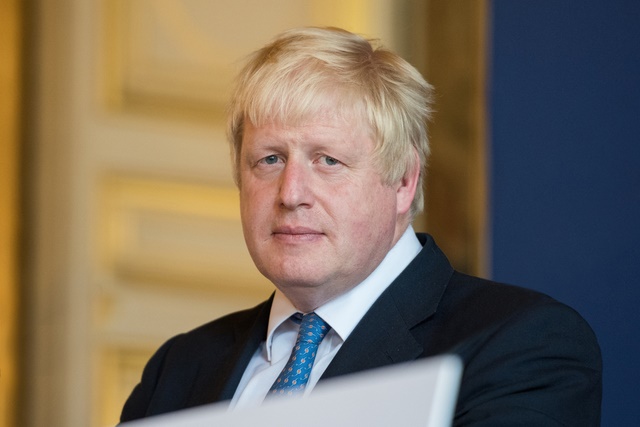GBP/EUR Exchange Rate Steadies Following Brexit Driven Sell-Off
The Pound Euro (GBP/EUR) exchange rate is licking its wounds this morning, following on from Wednesday’s sharp losses after Boris Johnson moved to prorogue parliament.
At the time of writing the GBP/EUR exchange rate is virtually unchanged this morning at €1.1006, having plummeted as much as 0.8% on Wednesday.
More Weakness in the Pound (GBP) Expected as Political Uncertainty Rise
Markets were rattled earlier this week, driving sharp losses in the Pound (GBP) in response to news that the Queen had accepted the government’s request to suspend parliament.
Boris Johnson claimed the move is to allow the government to hold a Queen’s speech in which to outline his domestic agenda.
However the move has been widely criticised as a move to side-line efforts by opposition MPs to pass legislation to block a no-deal Brexit, resulting in Wednesday’s Sterling sell-off.
Opposition parties are now expected to seek alternative methods to prevent a no-deal, with Labour likely to pursue the ‘nuclear’ option of calling a vote of no-confidence in Johnson’s government.
As a result we may see heightened political uncertainty weigh heavily on the Pound in the weeks to come, with a successful vote of no-confidence likely to lead to plenty of political wrangling between parties and eventually resulting in a general election.
Should it fail then the chances of preventing a potential no-deal Brexit become almost zero, an outcome that could result in an even sharper downturn in Sterling.
Cooling Inflationary Pressures in the Eurozone to Undermine the Euro (EUR)?
The Euro (EUR) face potential losses later this week with the publication of the Eurozone’s latest Consumer Price Index (CPI).
Friday’s data is forecast to show that inflation within the bloc held at just 1% in August, the joint lowest reading since November 2016.
This leaves inflation well below the European Central Bank’s (ECB) target range of 2%, putting even more pressure on the bank to ease its monetary policy.
The ECB is already expected to announce a ‘substantial’ stimulus package when policymakers hold their latest policy meeting next month, but could the continued cooling of Eurozone inflation spur the bank to adopt even more radical measures in the months to come?


Comments are closed.